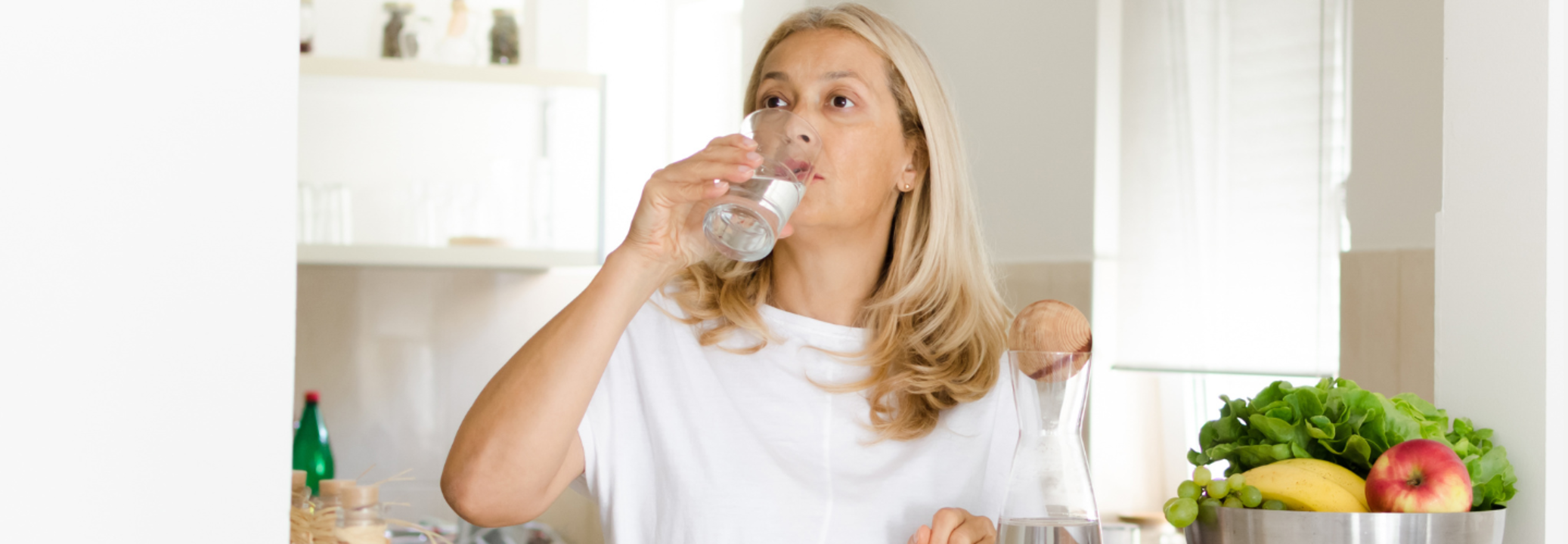Can You Flush Out A UTI By Drinking More Water?

Image Credits: Canva
SummaryUrinary tract infections (UTIs) are common, especially in women, due to their shorter urethras. Drinking plenty of water helps flush bacteria, reducing the risk of infection and aiding recovery.
End of Article
